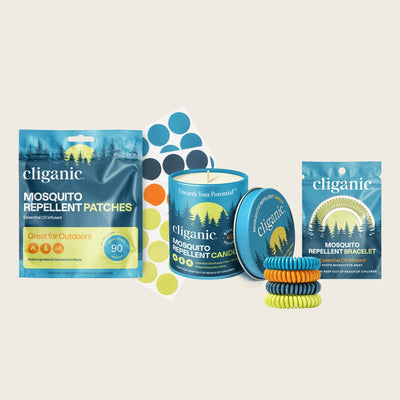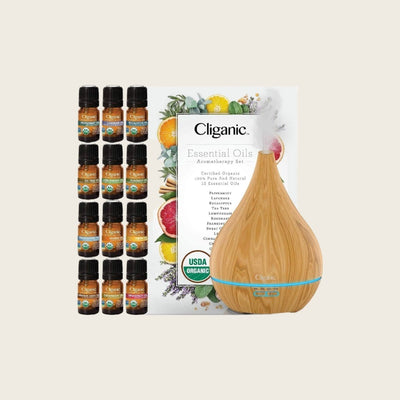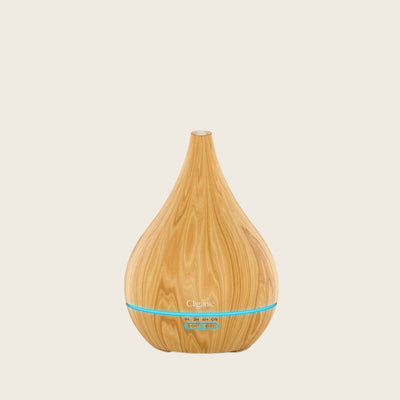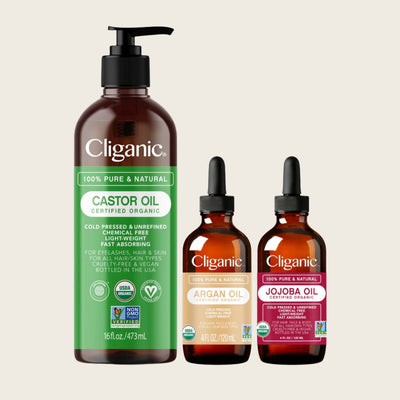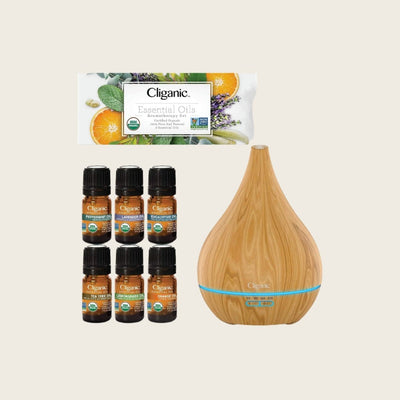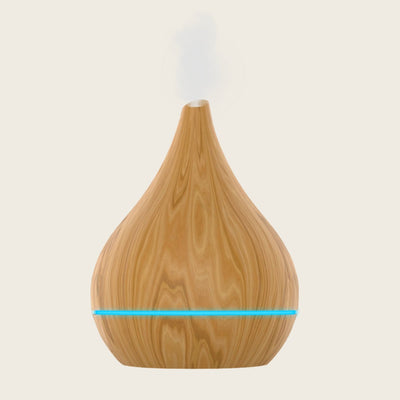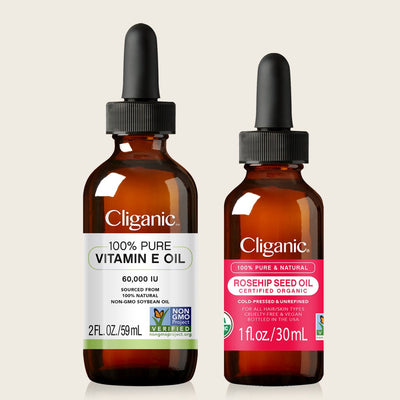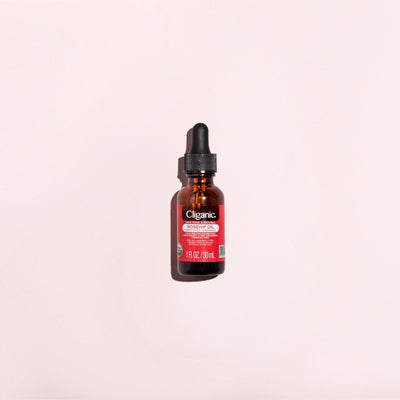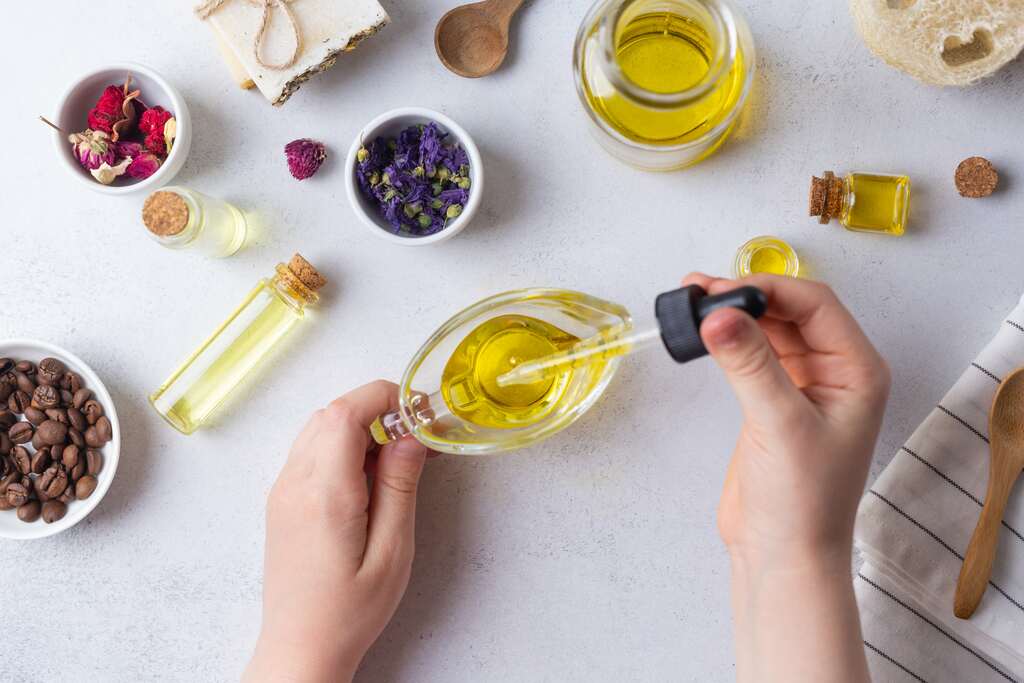
How to Get Started with Essential Oils
Essential oils are a powerful natural remedy and have been used for centuries to promote overall wellness. Their diverse range of therapeutic benefits can be used to create a personalized routine for any individual looking to take charge of their own health and well-being. In this article, we will discuss how essential oils work, what they can be used for, how to choose the right oil for your needs, and safety tips you should keep in mind when using them. We’ll also cover practical applications for using essential oils in everyday life, such as aromatherapy, skin and hair care, and cleaning. With these tips, you’ll be able to get started with using essential oils today.
What are Essential Oils?
Essential oils are natural aromatic compounds found in the seeds, bark, stems, roots, flowers, peels, and other parts of plants. These oils can be extracted through distillation or cold-pressing processes. Essential oils have been used since ancient times for their many therapeutic benefits. They can be used for aromatherapy, massage, and skin care treatments, used to repel bugs, and for various cleaning DIYs.
When inhaled they can help to reduce stress levels and improve mental clarity by boosting your mood and increasing alertness. When applied to the skin with a carrier oil they help prevent breakouts and improve its natural resiliency.

How to Choose Essential Oils
Choosing the right essential oils can be a challenging task, but these best practices will make the process much easier.
- Before selecting an oil, it is important to understand the various kinds available and how they influence you. Consult a professional aromatherapist and research their chemical components to find the best ones for your needs. For instance, linalool in lavender oil has calming properties while limonene in citrus oils can help reduce stress.
- To ensure that you obtain a high-quality product from reputable suppliers, check the label for its Latin name and look for sustainably sourced, 100% pure, and organic essential oils which generally have more potent aromas and therapeutic properties.
Take a look at this article for more tips on choosing the right essential oils: Essential Oil Buyer’s Guide: How to Choose the Right Products.
Safety Tips for Using Essential Oils
Essential oils are a natural, effective way to treat various ailments. However, there are some safety precautions to be aware of when using them, including the following:
- Dilute essential oils with a carrier oil before applying them directly to the skin, especially for sensitive areas such as the face or mucous membranes.
- Patch-test any new oils on a small area of skin before using them over larger areas.
- Pregnant women, nursing mothers, and those with breathing or other medical conditions should consult their doctor before using essential oils as they may have contraindications.
- Diffusing essential oils around children or pets should be done with lower concentrations than for adults and in well-ventilated spaces so that the aroma does not become overwhelming or have an adverse reaction. Some essential oils shouldn’t be diffused around children, especially those with allergies or asthma.
- Take time researching each oil you plan on using and carefully follow usage instructions for optimal results.
For more safety tips, check out this article: Essential Oil Safety for Beginners.

Practical Applications for Essential Oils in Everyday Life
Whether it be improving skin and hair care routines, freshening the air, or making homemade cleaning products, essential oils can be used for countless tasks.
When using essential oils for aromatherapy there are several methods available depending on your preferences. Diffusers or humidifiers can be used to disperse the oils into the air, while diluted essential oils can also be applied onto the skin with a carrier oil such as jojoba or argan oil. Alternatively, adding a few drops of an essential oil to your favorite shampoo, conditioner, or lotion can enhance its effects.
Final Thoughts
Essential oils offer a unique way to enhance well-being in everyday life. If you are new to aromatherapy, be sure to research the different types of essential oils to find the best ones for your needs and to make sure you follow the safety tips shared in this article. With continued practice, you can explore all the different essential oil applications, DIYs, and recipes. Here are some helpful resources to expand your knowledge: Top Aromatherapy and Essential Oil Books.




